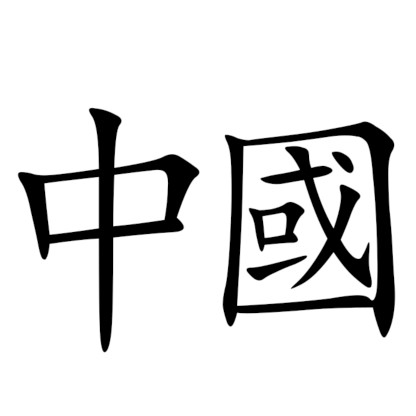Treaty of Nanking
08/29/1842 AD ceded
The peace treaty which ended the First Opium War (1839–1842) between Great Britain and the Qing dynasty of China on 29 August 1842.
In the wake of China's military defeat, with British warships poised to attack Nanjing, British and Chinese officials negotiated on board HMS Cornwallis anchored at the city. On 29 August, British representative Sir Henry Pottinger and Qing representatives Qiying, Yilibu, and Niu Jian signed the treaty, which consisted of thirteen articles.
The treaty was ratified by the Daoguang Emperor on 27 October and Queen Victoria on 28 December. Ratification was exchanged in Hong Kong on 26 June 1843. The treaty required the Chinese to pay an indemnity, to cede the Island of Hong Kong to the British as a colony, to essentially end the Canton system that had limited trade to that port and allow trade at Five Treaty Ports.
It was followed in 1843 by the Treaty of the Bogue, which granted extraterritoriality and most favored nation status.
It was the first of what later Chinese nationalists called the Unequal Treaties













